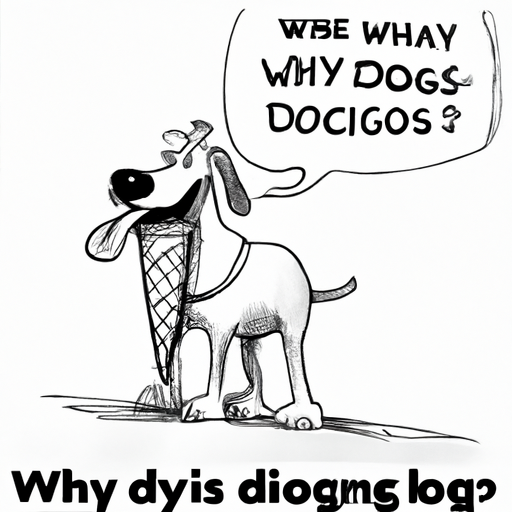Understanding Your Canine Companion
As a caregiver, you’re always attentive to your dog’s needs and behaviors. One peculiar habit you may have noticed is your dog’s mouth quivering after licking something. Understanding this behavior can help you better care for your furry friend. Canine body language can often seem like a mystery, but with a little insight, you’ll become an expert in no time!
The Science Behind the Quiver
When your dog’s mouth quivers after licking, it’s not a random action. It’s actually a physiological response. Dogs have an organ known as the Jacobson’s organ or the vomeronasal organ that enhances their sense of smell. It’s located in the roof of their mouth, and it’s most active when a dog licks or sniffs something. This organ sends signals to the brain about the scent molecules, causing the dog’s mouth to quiver.
| Organ | Function |
|---|---|
| Jacobson’s organ | Enhances sense of smell |
Possible Reasons for the Quiver
Some of the reasons why your dog’s mouth might quiver after licking include:
- Excitement: When dogs get excited about a certain smell, their mouths may quiver.
- Anxiety: If they’re nervous or anxious, dogs may exhibit this quivering behavior.
- Smelling pheromones: Dogs can detect pheromones of other animals and this can trigger the quivering.
When Should You Worry?
As a caregiver, it’s natural to worry about your dog’s health. However, in most cases, a dog’s mouth quivering after licking is completely normal and not a cause for concern. But if you notice any of the following signs, it might be time for a vet visit:
- Excessive drooling
- Difficulty eating or drinking
- The quivering doesn’t stop after a few minutes
Helping Your Dog
The best thing you can do for your dog is to stay vigilant and understand their behavior. If the quivering is normal for them and doesn’t seem to cause distress, there’s likely no need to worry. However, if the behavior is new, or you notice any concerning symptoms mentioned above, it’s best to consult with your vet.
Frequently Asked Questions
Q: Is it normal for my dog’s mouth to quiver after licking?
A: Yes, it’s a common behavior related to their sense of smell.
Q: Should I be concerned if my dog’s mouth is quivering?
A: If it’s paired with other concerning symptoms like excessive drooling or difficulty eating, you should consult your vet.
Q: Can I do anything to stop my dog’s mouth from quivering?
A: Unless it’s a symptom of a health problem, it’s a natural behavior and not something you need to stop.



